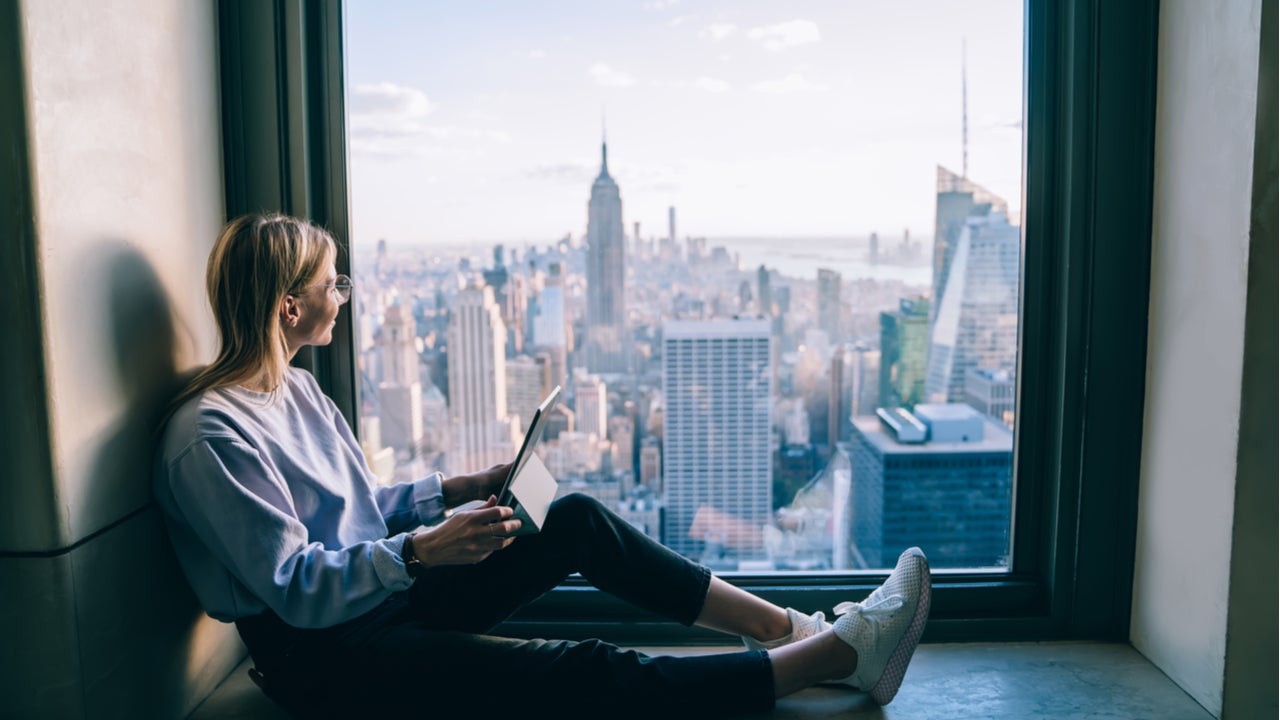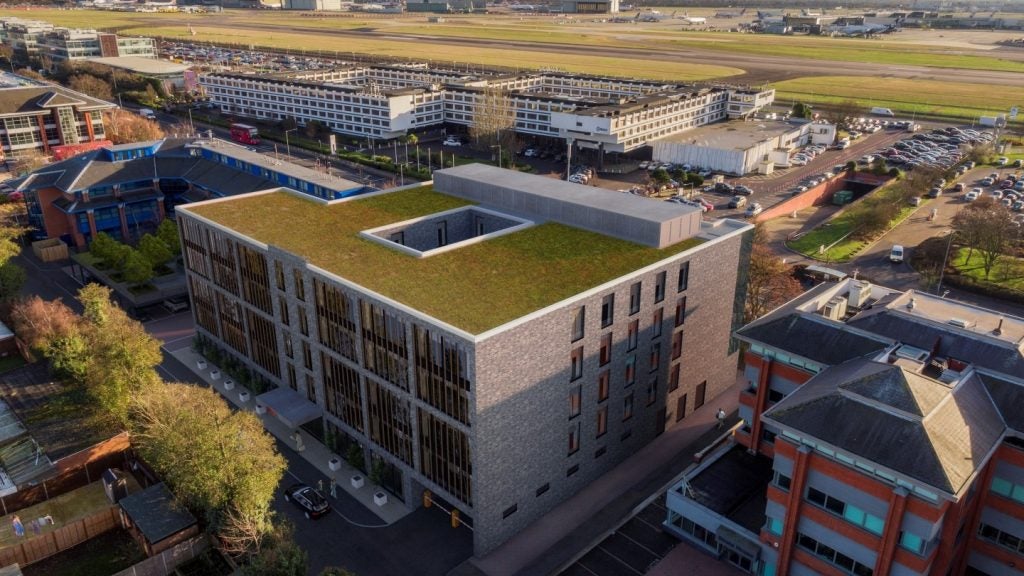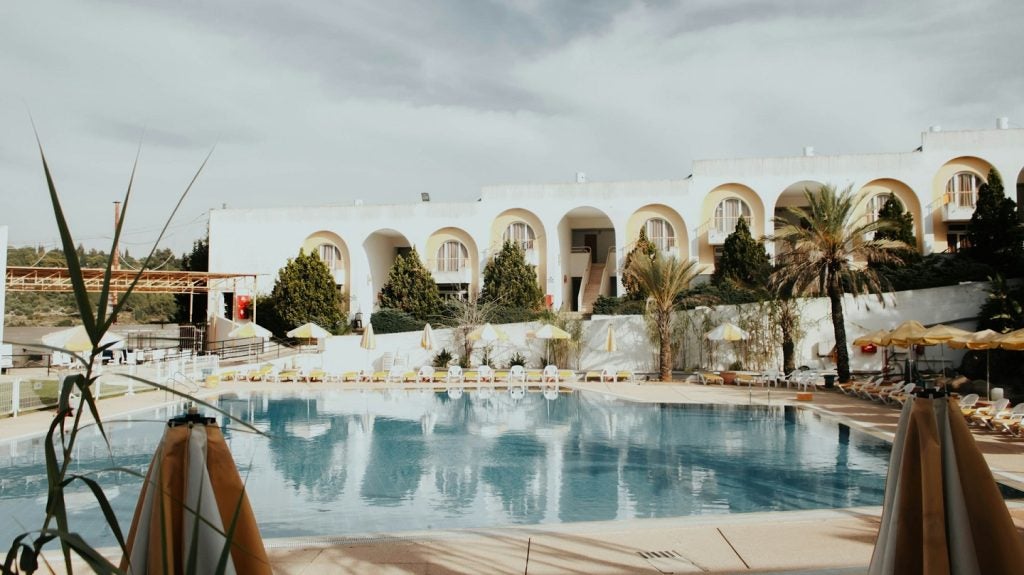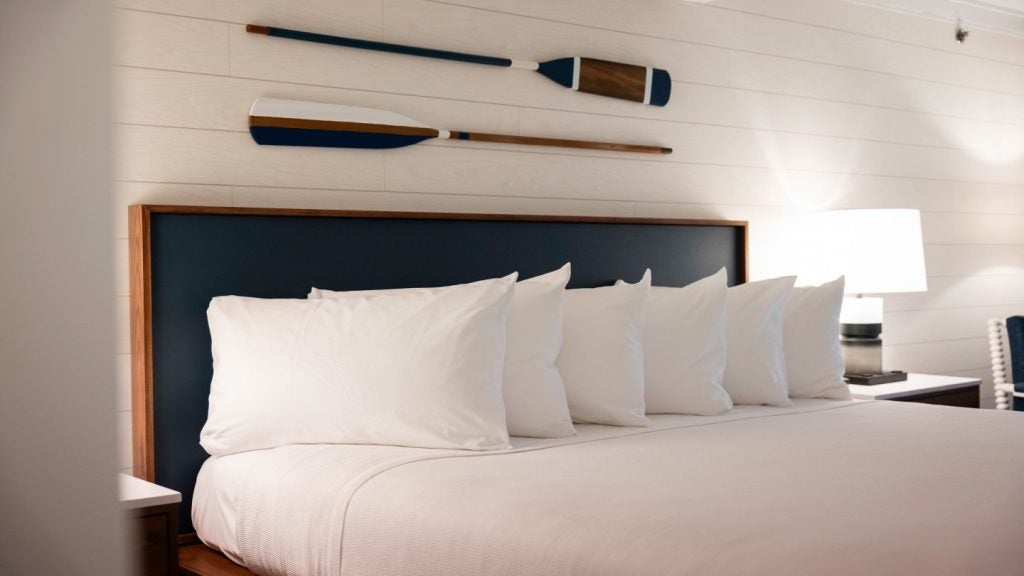Listed below are the key technology trends impacting the premiumisation theme, as identified by GlobalData.
Advanced forms of technology such as the internet of things (IoT) will be increasingly used to create hyper-personalised experiences for many elements of a trip. For example, a high-yielding traveller may return to the same luxury hotel every winter. Such small, personalised services could go a long way for many customers, especially in the luxury market where attention to small details is greater than in the midscale or budget segments.
Smart destinations
Smart cities and destinations will help to create hyper-personalised services and products. GlobalData’s thematic research on smart cities forecasts that the market will grow to $231bn by 2024. Growth in this market will help to enhance personalisation even further for segments such as city break tourism, which will meet the needs of travellers in the upscale and luxury markets that require highly bespoke offerings.
Smart tourism contributes to real-life experiences and allows the creation of immersive experiences. The destination’s tourism product should always be in the foreground, while the advanced forms of technology in a smart destination help to enhance aspects such as personalisation and sustainability. Smart tourism helps to create smart and bespoke offerings, which makes a traveller’s touristic experience more efficient. For example, travellers’ luggage could be automatically transported to their accommodation, negating the need for it to be collected from the airport. This innovation gets the traveller to the destination quickly upon arrival and means they do not have to spend time in a location where no value can be added to their overall experience.
Drones
In recent years, the rapid proliferation of consumer electronics, the emergence of cloud technologies, the declining cost of server and bandwidth usage, the improving price-to-performance ratio of hardware components, and a dramatic rise in demand for a bird’s eye view of the earth have steadily opened up the market for the civilian use of drones—both as recreational devices and in commercial applications.
See Also:
This technology fits into the theme of premiumisation, as drones bought for recreational use by tourists can often cost a premium. Drones with cameras, which are most commonly bought by tourists, have an abundance of expensive technology inside of them, which drives the manufacturing cost up. The Phantom 4 Pro starts at GBP1,589 ($2,181), and it comes with seven individual cameras.
How well do you really know your competitors?
Access the most comprehensive Company Profiles on the market, powered by GlobalData. Save hours of research. Gain competitive edge.

Thank you!
Your download email will arrive shortly
Not ready to buy yet? Download a free sample
We are confident about the unique quality of our Company Profiles. However, we want you to make the most beneficial decision for your business, so we offer a free sample that you can download by submitting the below form
By GlobalDataA growing trend in recent years has been for high-yielding travellers to buy high-quality drones to capture bird’s eye images and videos of the destinations they are visiting. This creates more vivid and immersive memories for them. However, the emergence of drones for recreational usage has brought with it several issues. Many destinations now require tourists to abide by rules and regulations when flying a drone, and some even require permits.
Destinations and companies now utilise drones to enhance their premium offerings. High-quality drone cameras have provided an opportunity for destinations to navigate and promote extremely remote locations that attract more high-yielding niche tourist groups, such as adventure travellers. The use of drones has immensely revolutionised how upscale lodging companies promote themselves. They have enabled the easy production of creative videos to sell their resorts or hotels, allowing guests to view the whole property.
IoT
IoT technology allows for ultra-comfort and convenience in the upscale and luxury markets. According to GlobalData’s Q3 2021 Emerging Technology Sentiment Analysis Survey, 48% of respondents stated that they have become ‘more positive towards this technology’ in the past year when asked about their perception of IoT. This growing appreciation for IoT has especially been seen in the lodging sector. For example, a hotel company, using a smart thermostat, could set the heating to the customer’s preferred temperature when they return.
Peninsula Hotels is a chain of luxury hotels operated by Hongkong and Shanghai Hotels. This chain has now rolled out Peninsula’s tablet technology, where one device allows guests to create hyper-personalised experiences. From the tablet, guests can switch on the TV, order room service, and even draw the curtains. The tablet is also programmed in 11 different languages to accommodate Peninsula’s international clientele.
The IoT embedded technology also takes care of minor details. For example, if a guest is watching TV when the phone rings, the TV volume will automatically lower. Additionally, if the phone rings in the middle of the night, the night light will switch on. This system was created by the hotel’s research and technology department, which is the first-of-its-kind in the luxury and upscale market segments.
This is an edited extract from the Premiumization in Travel & Tourism (2022) – Thematic Research report produced by GlobalData Thematic Research.









Related Company Profiles
The Hongkong and Shanghai Hotels Ltd